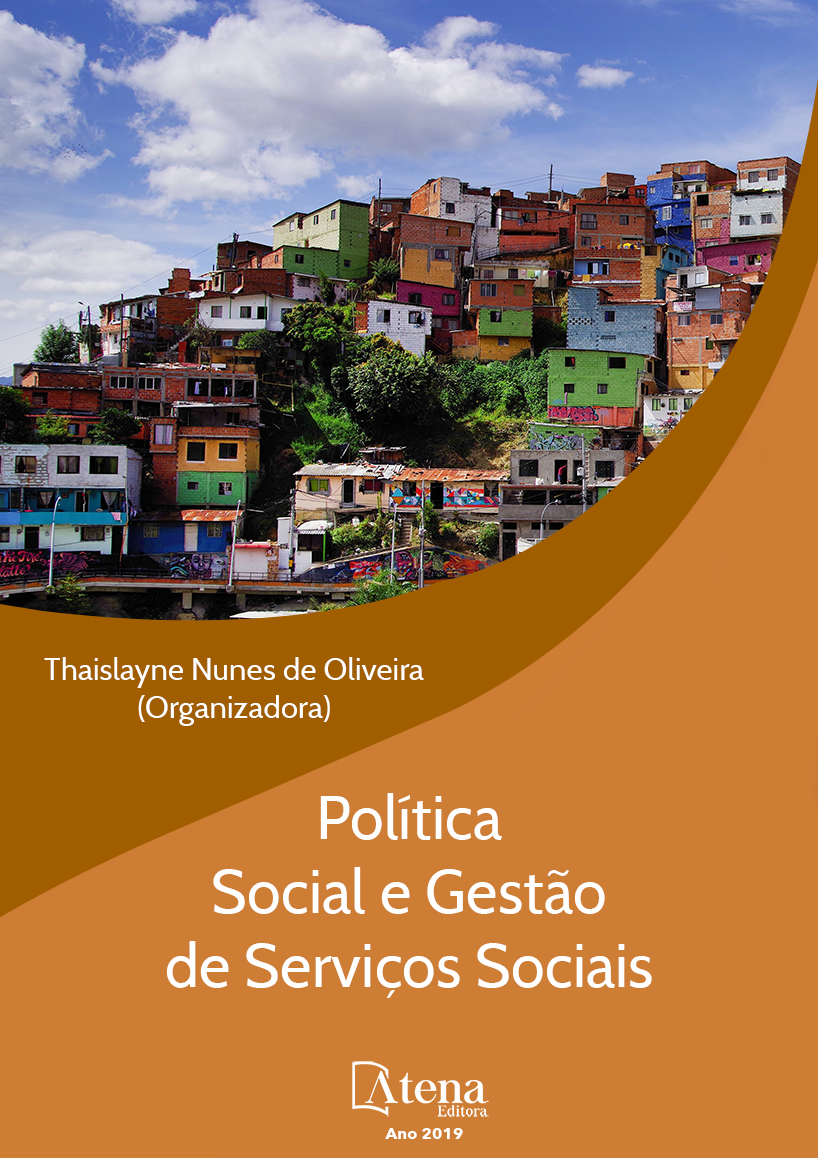
AVALIAÇÃO DO PROGRAMA DE GERENCIAMENTO DE RESÍDUOS DE SERVIÇO DE SAÚDE (PGRSS) DE UMA GRANDE REDE DE FARMÁCIAS DA REGIÃO METROPOLITANA DO RECIFE
Os resíduos gerados pela população brasileira crescem a cada ano e esse aumento é preocupante. Um setor que tem uma importância nessa produção de descartes é o serviço de saúde. Para dar um destino seguro aos resíduos por eles produzidos, foi criado, pela Agência Nacional de Vigilância Sanitária (ANVISA), o Programa de Gerenciamento de Resíduos de Serviço de Saúde (PGRSS). Os resíduos produzidos por farmácias pertencem na sua maioria ao grupo “B” (químico) e ao grupo “D” (lixo comum). Uma grande Rede de farmácias produz uma quantidade maior de resíduos por apresentarem mais lojas, por isso é importante que o destino dos seus resíduos seja realizado de forma correta. Onze das quatorze farmácias pertencentes a uma grande Rede situadas na região metropolitana do Recife foram avaliadas para verificar se estas aplicam o PGRSS vigente na sua empresa. As onze unidades foram visitadas e analisadas através de uma auditoria interna realizada por questionário feito com base no programa criado pela própria empresa. O resultado mostrou que mesmo os farmacêuticos não tendo acertado o questionário por completo, foi observado que a maioria tem o conhecimento do PGRSS e realizam na prática o que é proposto, concluindo que os entrevistados sabem a importância de sua função e da sua responsabilidade com o meio ambiente. Este trabalho mostrou a importância da implementação de um PGRSS em uma grande empresa, devido a esta ser uma grande fonte geradora de resíduos.
AVALIAÇÃO DO PROGRAMA DE GERENCIAMENTO DE RESÍDUOS DE SERVIÇO DE SAÚDE (PGRSS) DE UMA GRANDE REDE DE FARMÁCIAS DA REGIÃO METROPOLITANA DO RECIFE
-
DOI: 10.22533/at.ed.56719251121
-
Palavras-chave: Farmácia. PGRSS. Resíduos
-
Keywords: 15
-
Abstract:
The waste generated by the population grows each year and this increasing is worrying. A part of an industry that is important in this production of discharges is the health service. The Program for Health Service Waste Management (PHSWM), created by the National Health Surveillance Agency (ANVISA), has the goal to provide a safe destination to that type of waste. Most of the waste produced by pharmacies are classified as “B” group (chemical) and as "D" group (general waste). A large pharmacy network produce more waste because they have more stores so it is important that the destination of their waste is carried out correctly. Eleven out of the fourteen pharmacies belonging to a large network located in the metropolitan area of Recife were analyzed to check if they use the current PHSWM in their company. The eleven units were visited and analyzed by an internal audit followed by a questionnaire based on the program created by the company itself. The result showed that most of the pharmacists, including those ones who did not answer all the questions right, has the knowledge of PHSWM and execute what is proposed in the service, concluding that those who answered the questionnaire knows the importance of their role in this scenario and their responsibility to the environment. The establishments showed some concern about providing more information about the PHSWM to the pharmacists so the service can be used in their pharmacies. This study showed the importance of implementing a PHSWM in a large company, due to this being a great source of waste.
-
Número de páginas: 15
- Pedro José Rolim Neto
- Karolynne Rodrigues de Melo
- Williana Tôrres Vilela
- Maria Joanellys dos Santos Lima
- Stéfani Ferreira de Oliveira
- Débora Dolores Souza da Silva Nascimento
- Maria Cleciene Fontes de Oliveira Thomaz
- Rodrigo Lisboa Nunes de Oliveira
- Djalma Coriolano da Silva Júnior
- Amanda Bastos Castro
- Thâmara Carollyne de Luna Rocha
- Rosali Maria Ferreira da Silva


